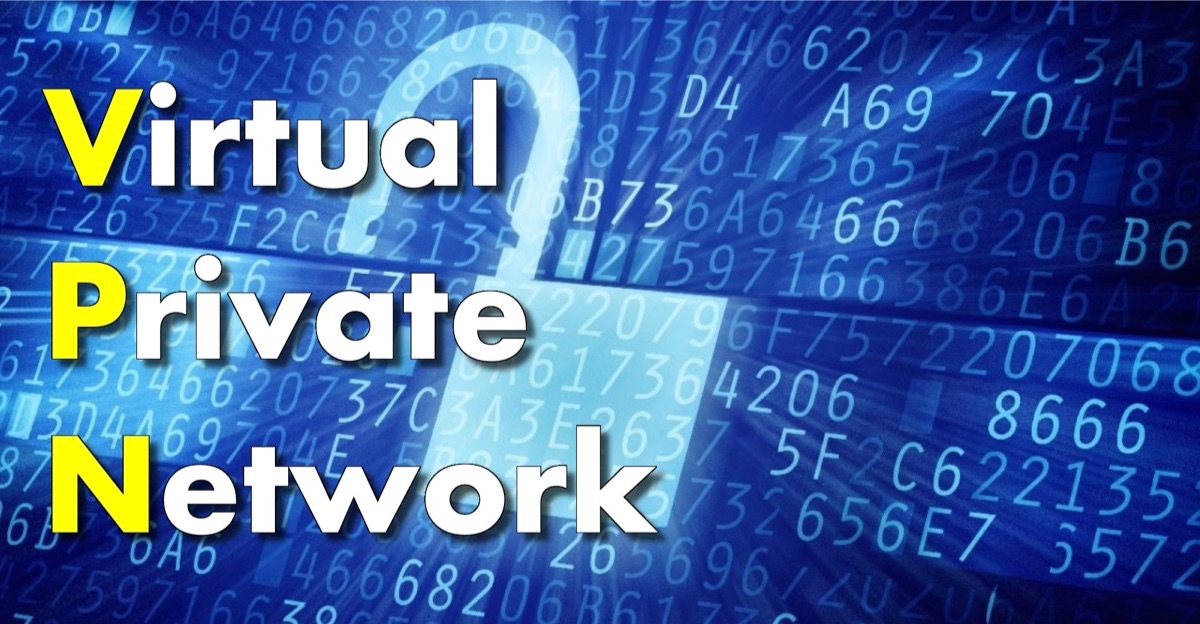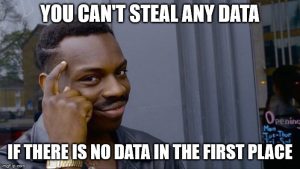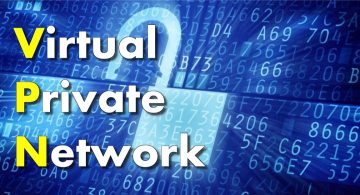セキュリティ
Introduction to Virtual Private Networks
LyEdward

Introduction
With net neutrality gone thanks to the United States Federal Communications Commission (FCC), maintaining your right to privacy on the Internet has become more difficult than ever. If your Internet connection is not secure, Internet service providers (ISPs), potential hackers, and spies have the ability to intercept and view any information you send and receive through the Internet. And even if you have a secure connection, ISPs can still log as much information about the transmitted data as they wish (at least within their privacy policy).
In this article, I will show how you can use the power of virtual private networks (VPN) not only to protect your information and privacy online, but also to enhance your online experience in ways you might not have known before, regardless of the future of net neutrality.
What is a VPN?
As the name suggests, a VPN creates a private network connection across a public network, such as the Internet. When you connect to a public network through a VPN, you are able to send and receive data as if you are connected to a private network. For example, when you make a secure shell (SSH) connection, although it is more limited in scope compared to a VPN connection, you are still making a private connection between your machine and a remote machine through which encrypted communications could flow between them, regardless of whether or not your original network connection is secure. Thus, public networks can still enjoy the additional benefits of private networks, such as data encryption and user authentication. It is important to note that these features are not necessarily required to establish a VPN, but most VPNs and online VPN services do.
Why should I use a VPN?
In regards to simply protecting yourself online, the most important time to use a VPN is when you have to use an insecure Internet connection, such as to an unencrypted, public Wi-Fi network. A VPN by itself could prevent a man-in-the-middle attack which would otherwise allow attackers to view all data traffic sent through the network, so it would be unwise to send sensitive data such as passwords and credit card information through the network without a VPN. And even if you are connected to a secure, private Wi-Fi network, your local ISP still has the ability to view and monitor the data traffic as much as they wish (within their terms of service or privacy policy), which a VPN can still prevent.
Besides that, VPNs provide many more use cases that both individuals and organizations can use to their advantage. For individuals using any one of many VPN services out there, you typically choose from one of several servers located around the world to which you want to connect, where you can then browse the Internet as if you were physically at the server’s location, giving you access to information that would normally be restricted by country or region. Software developers can also use this service to test any apps that rely on the user’s location, such as web sites that are accessible in multiple languages. For organizations that rely on a local intranet, one could setup a custom VPN server so that authorized users could remotely access sensitive or confidential information without the possibility of outside leaks. These are plenty more reasons to use a VPN than what I have listed here, but these are some of the most popular (and perhaps most important) ones.
Now I should mention that there are a few downsides to using a VPN. Most notably, a VPN adds a variable amount of latency to your Internet connection, since all of your Internet traffic has to go through the VPN server rather than a more direct route. So the farther the distance from the server’s location to your location, the more time it would take for information to be sent and received. If you want to add as little latency as possible in your VPN connection, you typically want to choose a server that is closest to your actual location, and some VPN services offer speed tests that can automatically determine the best server for you. In addition, there are some websites, most famously Netflix, that attempt to block VPNs from accessing their content with mixed results, so your mileage may still vary if you are looking to access these sites. If these are not deal breakers for you, then keep reading on.
How can I get started using a VPN?
For general Internet usage, the first step is usually choosing one of many VPN service providers out there. While I will not endorse any specific VPN provider in this article, there are several important factors that you have to take into consideration when choosing a provider.
1. Privacy policy
This is a service where reading the privacy policy matters more than ever before. More specifically, it tells you what kind of information about the VPN server is monitored and kept in a log, if any. After all, it would be kind of pointless to pay for a VPN if it monitors you in the same way an ISP does.
2. Cross-platform compatibility
Now if and when you subscribe to a VPN service, pretty much any device that can be connected to the Internet can also connect via a VPN. As long as the device’s operating system is supported (typically Windows, macOS, and Linux computers, as well as Android and iOS mobile phones), setting up a VPN can be as simple as installing a client application provided by the service. However, the option to connect one’s router to a VPN is becoming more popular, meaning that all devices connected to the router, including game consoles and IoT devices, are automatically connected to the VPN as well. Be sure to check that the VPN service provides compatibility with the operating systems or routers you wish to connect.
3. Available server locations
If you want to access information from a certain country, you should make sure that there is a VPN provider that has at least one server located in that country as well. Some countries, especially large or popular countries such as the United States, can have tens or hundreds of servers inside them, which can be useful, for reducing as much added latency as possible, for instance.
4. Country of origin
The country in which a VPN service is based can matter at lot in terms of privacy from larger government agencies, as data retention and censorship laws can vary wildly from country to country. While I will not go into much more detail at this time, if you are serious about protecting your online identity, I would recommend avoiding VPN services based in countries that perform censorship and/or global surveillance on the Internet (and there are plenty of VPN services that fail this test). You can research the data retention, censorship, and privacy laws of any countries you are interested in and make decisions from there.
Conclusion
In an ideal world, where net neutrality and privacy laws are actually enforced and all Internet data is encrypted by default, a VPN service would not be required to browse the Internet at all. Nevertheless, VPNs can still provide much more than just the bare necessities for your Internet connection. Regardless of the future of net neutrality, I believe they are the best means of securing not only your right to online privacy, but also your right to freedom of information in a world that is becoming more and more interconnected on a global scale. Regardless of whether or not you decide to use a VPN, taking control of your online rights is a skill that is becoming more important than ever for every Internet user to learn.
 2022/05/14
2022/05/14 2021/12/24
2021/12/24 2020/07/31
2020/07/31 2020/06/05
2020/06/05 2019/08/08
2019/08/08 2019/08/06
2019/08/06 2019/05/31
2019/05/31 2019/04/05
2019/04/05